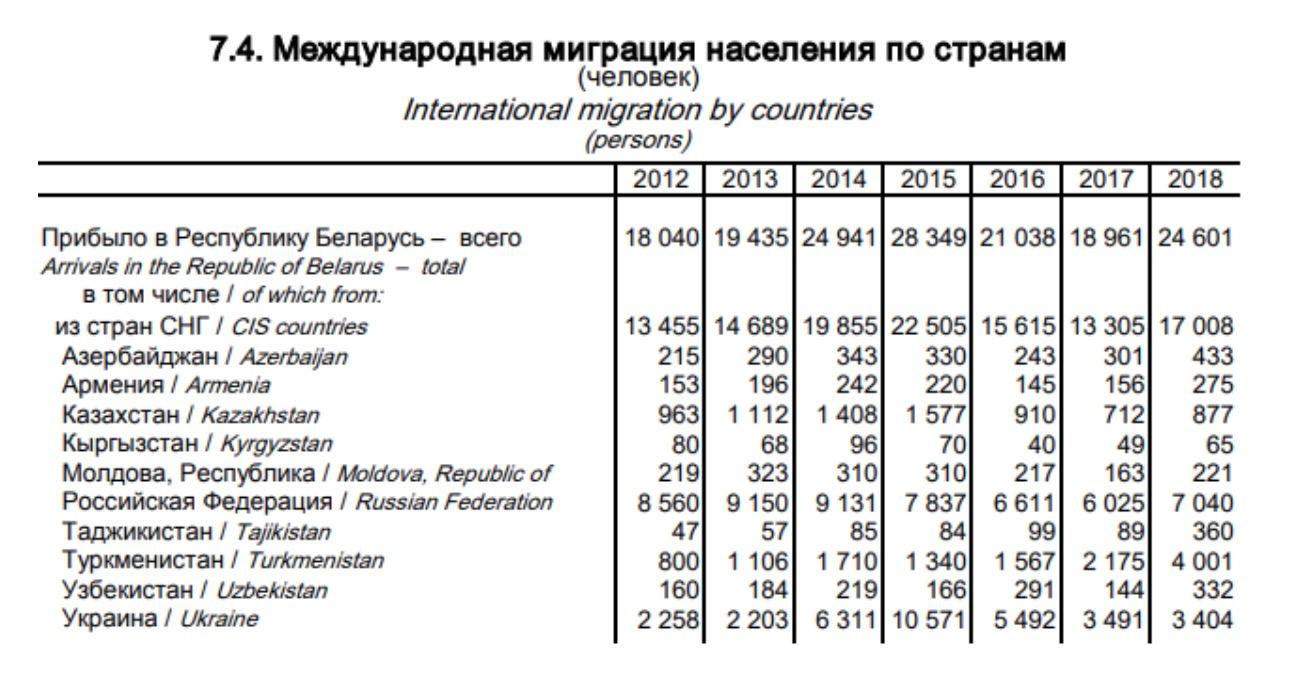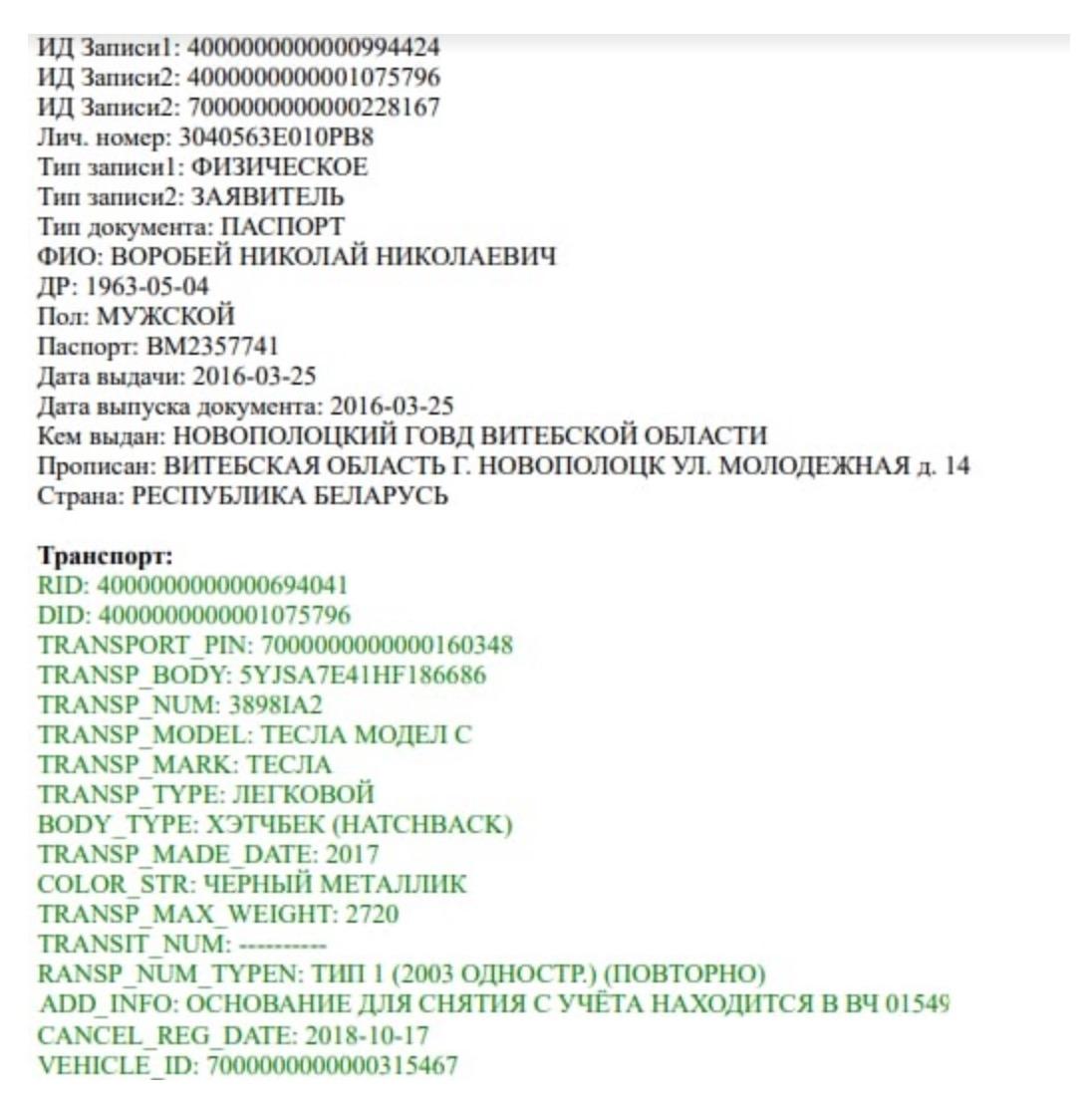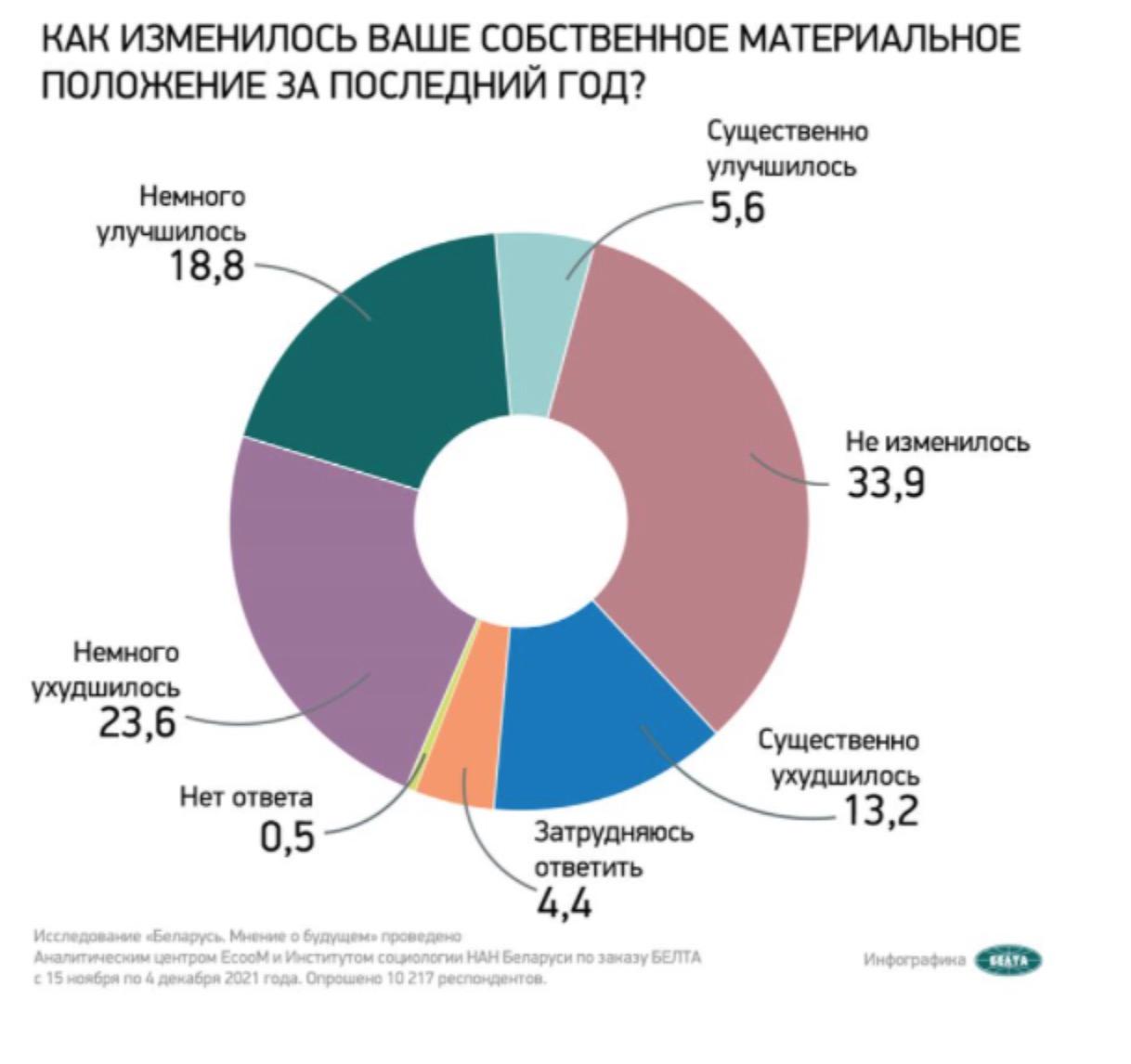"It's a fake. It's not true. Look, why torture them? There was no investigation there. Why torture people there? And even if there was anyone with marks, they got them in the streets when they attacked the internal troops and riot police. And only then they were detained. There was no such need in that building, in Okrestina. They were well-behaved there. They were so malleable, so kind, saying that when detained they actually were on their way to the store”, Lukashenka tried to convince the BBC reporter during the so-called "Big Conversation". However, in an interview with another BBC journalist, Lukashenka admits that people in Okrestina were beaten.
"Stop it, I do admit it!" - Lukashenka responded to a journalist's question about torture and beating.
Lukashenkа also changed his mind about migrants who tried to break into the European Union through Belarus.
"These are poor people, beggars fleeing from war. They really have nowhere to live in their homeland," Lukashenkа said in an interview with the Turkish TV channel TRT.
And here's how Lukashenkа described migrants from the Middle East in an interview for Dzmitry Kisyalyov of “RIA News”:
"Belarusian refugees, those in Belarus, are super progressive people, not poor, mostly rich, all with two or three iPhones (or whatever they're called). They are all cool guys. And believe me, there are doctors, PhDs, scientists, and their children."
Lukashenko also lied in 2020 about the 150,000 Ukrainians who found refuge in Belarus after the war outbreak in Donbass.
"Those Ukrainians left for a piece of bread – 150 thousand, some say 160 thousand - and by my decree, I gave all Ukrainians equal rights with Belarusians," Lukashenka said during the same "Big Conversation".
Lukashenka first mentioned the 150,000 Ukrainian refugees who allegedly escaped to Belarus from the war back in 2017. And here's how it really was, according to the Belarusian Statistical Committee. In 5 years (2014-2018) only 30 thousand Ukrainian migrants arrived in Belarus. In all this time, 120,000 migrants from different countries visited Belarus - less than Lukashenka counted Ukrainians alone.

One of Lukashenka's most known fakes, which is still being talked about, is his story about a Tesla given to him by Elon Musk.
"I have an electric car, you probably know it, Tesla. Musk gave it to me", Lukashenka boasted to a Belarusian pupil in September 2019.
Billionaire Elon Musk immediately denied this statement on his Twitter, thus creating one of the most popular "memes" of that year in Belarus. And we got a document from Cyberpartisans that reveals who was the Elon Musk who made Lukashenka such a generous gift.

It turned out to be a Belarusian businessman Mikalay Varabey. The same electric car that Lukashenko boasted about, the oilman Varabey took off the register in 2018. The reason, according to the documents, was the transfer of the car to the military unit No. 01549. That is, to Lukashenkа's security service.
In 2018 and 2019, Lukashenkа exempted the logistics company “Bremino Group”, in which Vаrаbey is a co-owner, from almost all taxes.
The Belteleradiocompany stole the video from EuroNews and broadcast it completely opposite to the original commentary.
Here is the EuroNews material about the Olympics, which was shown back in July 2020. And here are two translations of it from EuroNews and Belarus-1.
EuroNews (real): "Despite the state of emergency, Tokyo got a rare privilege to host the Olympics and it may not happen again. That's why you still want to have this experience”, says the tourist.
Belarus-1 (fake): "I think it's a right decision not to let viewers in. Instead, we can enjoy sports on TV. You can say it's a new style of watching sports events".

The Institute of Sociology of the National Academy of Sciences of Belarus together with the Analytical Centre "EcooM" conducted another sociological survey. People were asked "How has your financial situation changed?”.
The results of the survey were presented by the “BELTA” News Agency as follows:
"58.3% of Belarusians believe that it has not changed, possibly has slightly and significantly improved. 23.6% of respondents said that it has slightly worsened, and 13.2% - significantly worsened”.
It turns out that most people are satisfied with their financial situation. But even in this survey, 37% say that their situation has worsened. It comes out that there are 1.5 times more of them than of those who think they began to live better. But “BELTA", in order to cover this negative trend, manipulated its readers and combined positive responses with neutral ones.
Belarusian state TV channels spread an opinion that Western sanctions will only help the Belarusian economy.
"We can see the example of Russia, which has risen. It has lifted the once fallen agriculture and other industries. The same is true for Belarus. We're only being stimulated," said on the TV channel ONT.
The main argument for such statements is the Russian experience. After the annexation of Crimea in 2014, the West also imposed economic sanctions against it. Russia responded by imposing its own. ONT TV channel argues that Russia took advantage of this situation to import-substitute sanctioned products and raise its agriculture.
"EU countries have lost hundreds of thousands of jobs and tens of billions of euros during that time. And Russia, meanwhile, has reached full self-sufficiency," continued on ONT.
Indeed, after Moscow banned food imports from the West, its flow to Russia decreased. But only by a third. The other two-thirds of what used to be purchased from the European Union began to be imported from Latin America, China, and Belarus. Therefore, the statements that Russia, thanks to the counter-sanctions, has reached full self-sufficiency in food items, are false.
The state import substitution program cost the Russian budget 2,000,000 Russian rubles. According to experts, this is the reason for consumer food prices to have risen.
Foreign experts have estimated the financial losses from sanctions of both sides. Researchers from universities in Hong Kong and Germany conducted the research, which was published in the German newspaper “Handelsblatt”. It says that the EU, at the time of publication, was losing less than $2 billion a month, while Russia was losing just over two billion.



